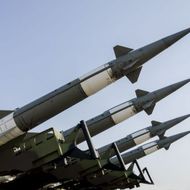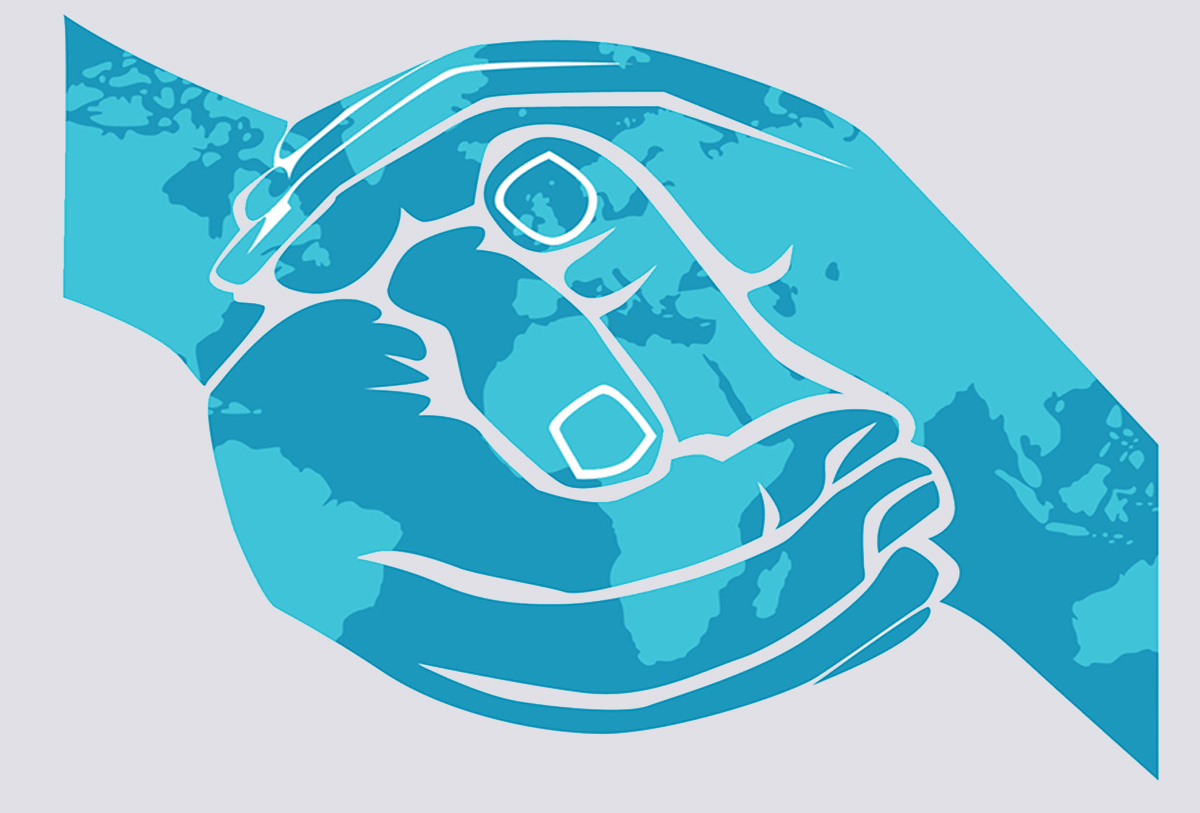September 12, 2013
Successful leadership requires coherence in principle, policy and practice. Banning weapons of horrific indiscriminate effect such as chemical, biological and nuclear weapons is a good policy. It rests on the principle that civilization must pursue peace and security with minimum standards of civilized behavior honoring life and protecting innocent civilians. The place where coherence breaks down is in the practice of condemning immoral illegal weapons in the hands of some and condoning them in the hands of others. If the weapons themselves are unworthy of civilization, they must universally be eliminated.
One exemplary step in the process of the elimination of weapons of mass destruction has been the establishment of nuclear-weapons-free zones. There are five treaties virtually making the entire southern hemisphere WMD free, including 114 countries. Some even have beautiful names for treaties — Tlatelolco for Latin America and the Caribbean, Rarotonga for the South Pacific, Pelindaba for Africa — and then zones in Southeast and Central Asia as well.
Efforts have been made in the Middle East to establish a zone free of all weapons of mass destruction. In 1991, the Security Council adopted Resolution 687 to address the invasion of Kuwait by Iraq. Actions against Iraq were characterized as “steps towards the goal of establishing in the Middle East a zone free from weapons of mass destruction and all missiles for their delivery and the objective of a global ban on chemical weapons.” Syria joined the U.S.-led coalition against Iraq based on that resolution.
A core part of the bargain to extend, indefinitely, the nuclear Non-Proliferation Treaty (NPT), in 1995 included a commitment by all parties to pursue “the establishment of an effectively verifiable Middle East zone free of weapons of mass destruction [WMD] nuclear, chemical and biological, and their delivery systems.” The treaty would commit parties not to possess, acquire, test, manufacture or use any nuclear, chemical or biological weapons or their delivery systems. The zone reaches from Libya in the west to Iran in the east, and from Syria in the north to Yemen in the south, and includes all League of Arab states, plus Iran and Israel.
In 2003, Syria, while a member of the United Nations Security Council, introduced a resolution calling for a WMD-free zone in the Middle East. Syrian Ambassador Fayssal Mekdad said such a zone “should be at the top of the agenda of the international community,” and that “this is a very crucial issue in the Middle East, and I think once we achieve it, we shall have a further step in solving … complicated problems in a very sensitive region.” The resolution did not gain the necessary support of the big players.
At the Review Conference of the NPT in 2010, the Middle East WMD-free-zone proposal gained significant traction. Over 190 States party to the NPT agreed that the U.S., Russia, and the U.K., working together with the UN Secretary General, would convene a regional conference in 2012 to advance the creation of a WMD-free zone in the Middle East.
The conference remains indefinitely postponed. Citing the lack of progress, Egypt walked out of an NPT meeting in Geneva earlier this year.
Syria has neither nuclear weapons nor the capacity to develop them. Its immediate neighbor, Israel, is the only country in the Middle East that has such weapons.
Along with Egypt, Israel is also not fully participating in both the Chemical Weapons Convention and the Biological Weapons Convention, which ban such weapons of mass destruction.
If U.S. leadership is to be effective it must promote the principle that all WMD are unacceptable in anyone’s hands and then bring that principle into practice. That would mean putting pressure on Egypt and Israel to ratify the Biological Weapons Convention.It would also mean putting pressure on the two countries to ratify the Chemical Weapons Convention. Egypt has used chemical weapons when it intervened in Yemen’s civil war in the 1960s.
Such steps would begin the process of creating a WMD-free zone in the Middle East and convening the promised conference. This would require working with all regional players, including Iran, to ensure Israel’s security and end its possession of and threats to use a WMD.
Israel does not object to the principle of a WMD-free Middle East. It just requires appropriate security arrangements with its neighbors, some of which are openly hostile. That is why this moment of opportunity to change regional dynamics should be seized.
Leadership also means bringing U.S. nuclear-weapons policy into coherence with the values the President is espousing. It is high time to take substantive steps to end reliance on the dangerous dance of nuclear deterrence. If nuclear deterrence brings security for some, it promotes nuclear weapons as valuable and thus stimulates proliferation while also prolonging an unacceptably risky status quo.
First, the U.S. should affirm that the sole value of a nuclear weapon, pending their elimination, is to prevent any nuclear weapon from being used. This would involve a prompt no-first-use pledge. Presently U.S. policy is not so constrained. Second, it should start the complex multilateral process of establishing a legal prohibition that will prevent any use of a nuclear weapon. It should then begin the preliminary negotiations for a legal framework universally eliminating nuclear weapons for all time.
A commitment to negotiate the elimination of nuclear weapons is contained in the Nuclear Nonproliferation Treaty, ratified by every country in the world except North Korea, Israel, Pakistan, and India. It would be absurd to say chemical weapons are less acceptable than nuclear weapons, given the latter’s indiscriminate, destructive power. For the U.S. or Russia to lead in establishing greater stability in the Middle East, they must demonstrate respect for minimum civilized values. The law, conscience, treaties, and reason condemn the use of all WMD no matter how righteous the perpetrator.
If the use of a WMD is illegal, surely the threat of using it is no less so. Leadership would use this moment to move the world to a much safer future where all WMD are abolished.
This article originally appeared in the World Policy Blog
Jonathan Granoff is the President of the Global Security Institute, a representative to United Nations of the World Summits of Nobel Peace Laureates, a former Adjunct Professor of International Law at Widener University School of Law, and Senior Advisor to the Committee on National Security American Bar Association International Law Section.







